Chris Kaba’s family fights to silence the press and keep the truth about gang member’s violent past secret – as police officer who shot him has bounty on his head
The trial surrounding the death of Chris Kaba, a 24-year-old shot dead by firearms officer Martyn Blake, has exposed not only the complexities of the legal system but also the tension between the pursuit of truth and the interests of justice. Kaba’s death on September 5, 2022, followed a high-speed police chase through London, during which he attempted to flee in an Audi Q8. As public scrutiny intensified, details emerged of a controversial media gag order that aimed to conceal Kaba’s violent past and gang connections from the British public.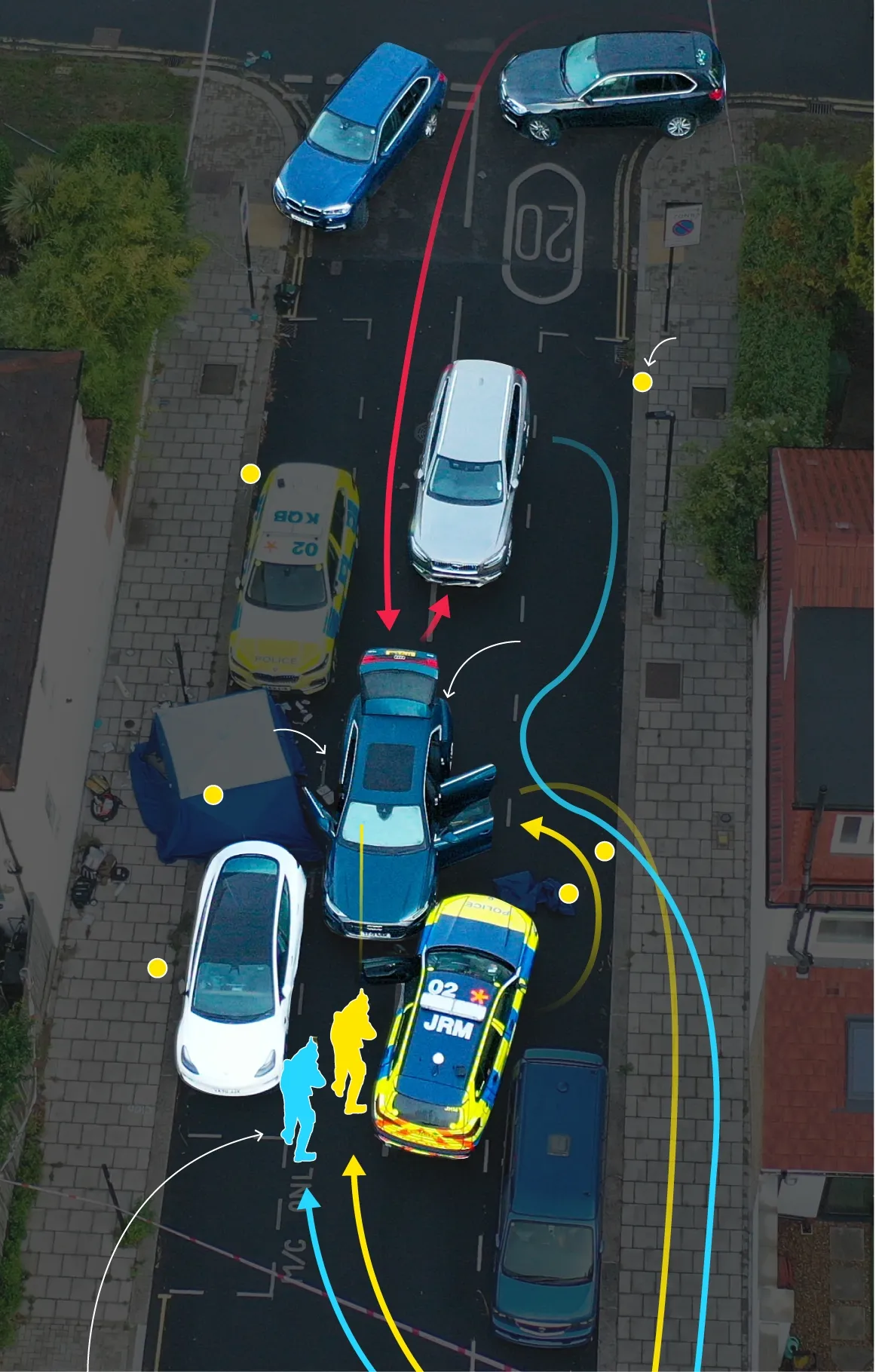
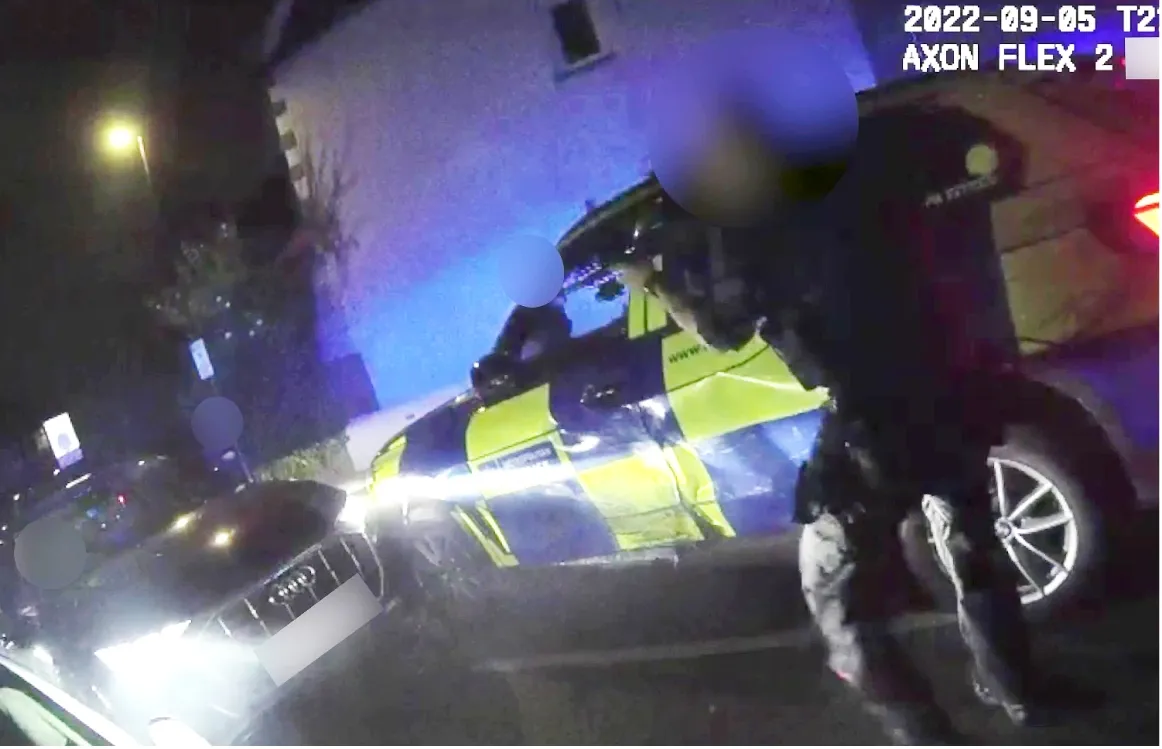
During the Old Bailey trial, journalists fought to report on Kaba’s background, which included connections to violent gangs and involvement in firearms-related incidents. However, his family sought to block the release of these details until a future jury inquest into his death could be conducted. Their legal argument centered on concerns that public knowledge of Kaba’s criminal activities could prejudice those proceedings, which are not expected to begin for at least another year.
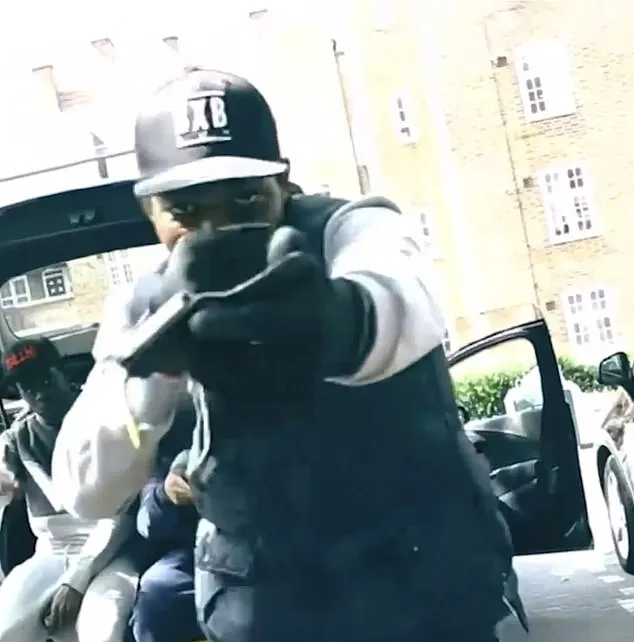
Despite these efforts, the media contested the reporting restrictions, arguing that many of the details were already public knowledge and that the public had a right to transparency in such a high-profile case. The police also expressed concerns about the potential consequences of suppressing Kaba’s background, with Deputy Assistant Commissioner Stuart Cundy warning that withholding this information could lead to civil unrest.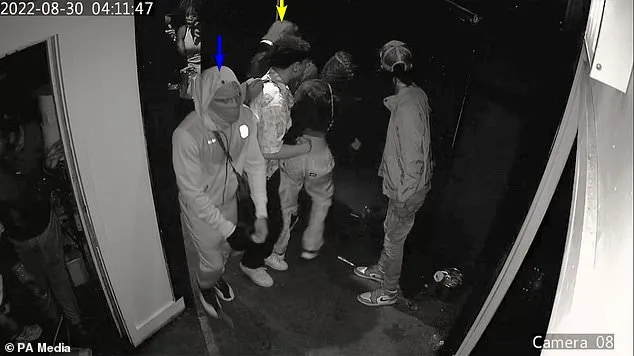
Ultimately, on Tuesday, the reporting restrictions were lifted following the not-guilty verdict in Blake’s trial. The officer had faced accusations of shooting Kaba without justification, but the court concluded that Blake was not aware of Kaba’s identity or criminal background at the time of the shooting.
Blake, initially identified only by the cypher NX121, was charged with murder in September 2022. Following legal challenges from media organizations, he was publicly named in January 2023 to ensure the trial adhered to the principles of transparency in the justice system. Throughout the proceedings, the media fought against a series of legal battles to fully report on the case, including the contentious details of Kaba’s past.In a separate trial concerning a nightclub shooting in Hackney, Kaba—allegedly the gunman—was protected by a reporting order under section 4(2) of the Contempt of Court Act, which prevented his name from being disclosed. CCTV evidence related to the incident was also kept confidential. The legal measures further intensified debates about
whether the public deserved to know the full truth.Blake’s trial was marked by accusations that prosecutors had presented an overly sympathetic portrayal of Kaba to the jury. The court was told that Blake had no prior knowledge of Kaba’s gang affiliations or involvement in shootings when he opened fire. As such, the judge ruled that Kaba’s past was not relevant to the officer’s defense, limiting the information the jury could hear about the victim’s history.
Following the not-guilty verdict, protests erupted outside the Old Bailey, with demonstrators demanding justice for Kaba. Many of Kaba’s supporters believed the trial’s outcome represented a miscarriage of justice, further exacerbating tensions between the police and the public. However, the court stood by its decision, with Mr. Justice Goss denying both the jury’s unusual request to make a statement during the delivery of the verdict and media requests to access the jury’s note explaining their decision.

On the following day, the judge lifted the gag order, allowing the public to learn more about Kaba’s violent past, including previous firearms-related convictions and a recent incident where Kaba allegedly shot a man in both legs at a nightclub. The revelation that the Audi Q8 driven by Kaba was connected to these incidents only deepened public interest in the case.
The legal battles surrounding Kaba’s background reveal the delicate balance courts must maintain between transparency and privacy. While the media argued that the public deserved to know the truth about a case involving both police conduct and violent crime, Kaba’s family sought to shield his past, arguing it could unfairly prejudice future proceedings.
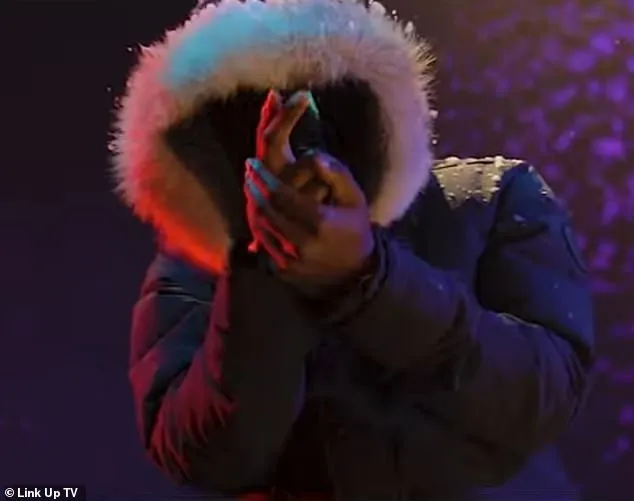
Blake’s supporters, meanwhile, raised concerns about the officer’s safety, given the intense public attention. Additional security was put in place during court appearances, with many worried that revealing Kaba’s gang ties could further endanger the officer’s life.
The trial of Martyn Blake and the public response to Chris Kaba’s death highlight the complexities of policing, race, and justice in the UK. The lifting of the reporting restrictions marks a significant moment in the ongoing debate about the right to information versus the right to privacy. With more details now in the public domain, the case remains a touchpoint for discussions about police accountability, gang violence, and how the media navigates sensitive legal boundaries.
As the UK awaits the jury inquest into Kaba’s death, the full story continues to unfold. For now, the not-guilty verdict has brought some resolution to Blake’s legal battle, but it has left many unanswered questions about what justice truly means in such a complicated and polarizing case.
